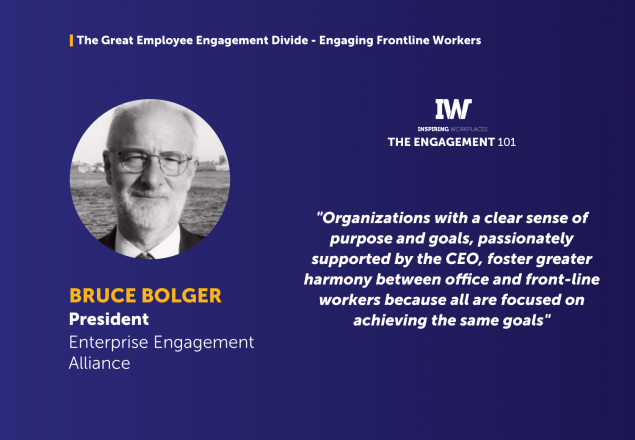
18th September 2023
Transforming a Competent Leader into an Outstanding One: 8 Approaches

- Practice self-awareness to understand character and improve behaviors.
- Look beyond immediate outcomes and make decisions considering long-term consequences.
- Embrace humility by acknowledging others’ ideas and seeking valid feedback.
- Maintain a beneficial schedule for optimal thinking and work-life balance.
- Learn impulse control to respond rationally and thoughtfully to emotions.
- Meet people where they are by listening, understanding, and asking insightful questions.
- Speak kind truths to build trust through clear feedback and constructive criticism.
- Adopt reciprocity, giving back for mutual benefit, which sets apart great leaders.
Read the full article written by Karen Brown and published in Entrepreneur:
Some people may have natural leadership abilities, but the hard work combined with that ability creates a true leader. Moreover, good leaders who are willing to do the work of continuous improvement can learn to become great leaders.
Here are eight skills that can get you there:
1. Practice self-awareness
Awareness of oneself is how an individual consciously knows and understands their character, feelings, motives and desires. Through self-awareness, leaders can inspect and improve their behavioral patterns and, as a result, their contributions to successful outcomes. In addition, a high level of self-awareness opens the door to ongoing self-improvement.
2. Look past yourself
The key to helping senior leaders become great is teaching them to look beyond immediate outcomes. In doing so, they become adept at seeing how their decisions and actions will play out in the next two fiscal quarters, at the end of the year, at the end of the next year, and beyond. Good leaders play checkers; great leaders play chess.
3. Embrace humility
You are not the only one with great ideas. This means leaders must take an honest view of their own importance, which often requires an outside perspective to achieve it. It also means being humble enough to listen to and act on valid feedback, regardless of who offers it. It’s great when someone can offer truthful feedback in a friendly, constructive way. But even if the delivery is less than cordial, resist the temptation to “get them back.” Instead, focus solely on the core of the message, not the delivery.
4. Maintain a beneficial schedule
A beneficial schedule enables leaders to do their best thinking consistently. It requires the right amount of rest and time away from work — even thinking about it. It also means incorporating whatever is needed for a healthy body, mind and spirit, since they all work together.
There are two specific benefits of keeping a beneficial schedule:
- It fosters strategic and creative thinking. You can’t lead an organization if you don’t look ahead at different time horizons and think strategically about them. This is where creative thinking happens. Getting into that z one requires you to be physically, mentally and spiritually best.
- It models healthy work-life balance. Many leaders look to the boss for how long they will work each day, when to begin work, etc. If you respond to emails over the weekend, everyone will think it’s the norm. The brain needs to rest and rejuvenate; working or thinking about work 24/7 is the exact opposite.
5. Learn impulse control
The ability to hit the pause button on emotion-driven impulses allows you to truly hear and digest what is being communicated by another person or within a group, respond with reason and intention, and logically document shared thoughts for further analysis. This skill enables you to think more rationally and deeply and consider all ideas – or combinations – to devise the optimal plan for achieving the best outcome. It also requires you to set your ego aside and really understand that finding the best solution is all that’s important.
To find out the remaining 3 approaches to transforming a competent leader into an outstanding one read the full article here.
Do you know an inspiring leader? Nominate them today: Inspiring Leaders Awards 2024.
Are you an inspiring workplace? Then register for the Inspiring Workplaces Awards 2024.
Join our community here, for free and access The Inspire Hub Forum to connect directly with your peers who share the same purpose.





